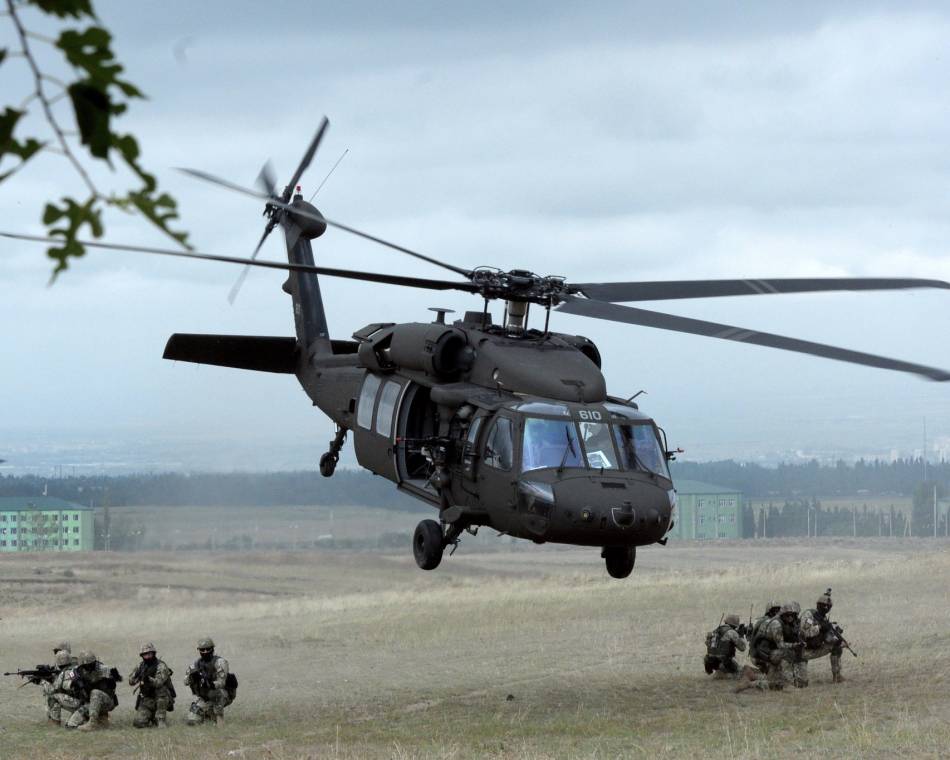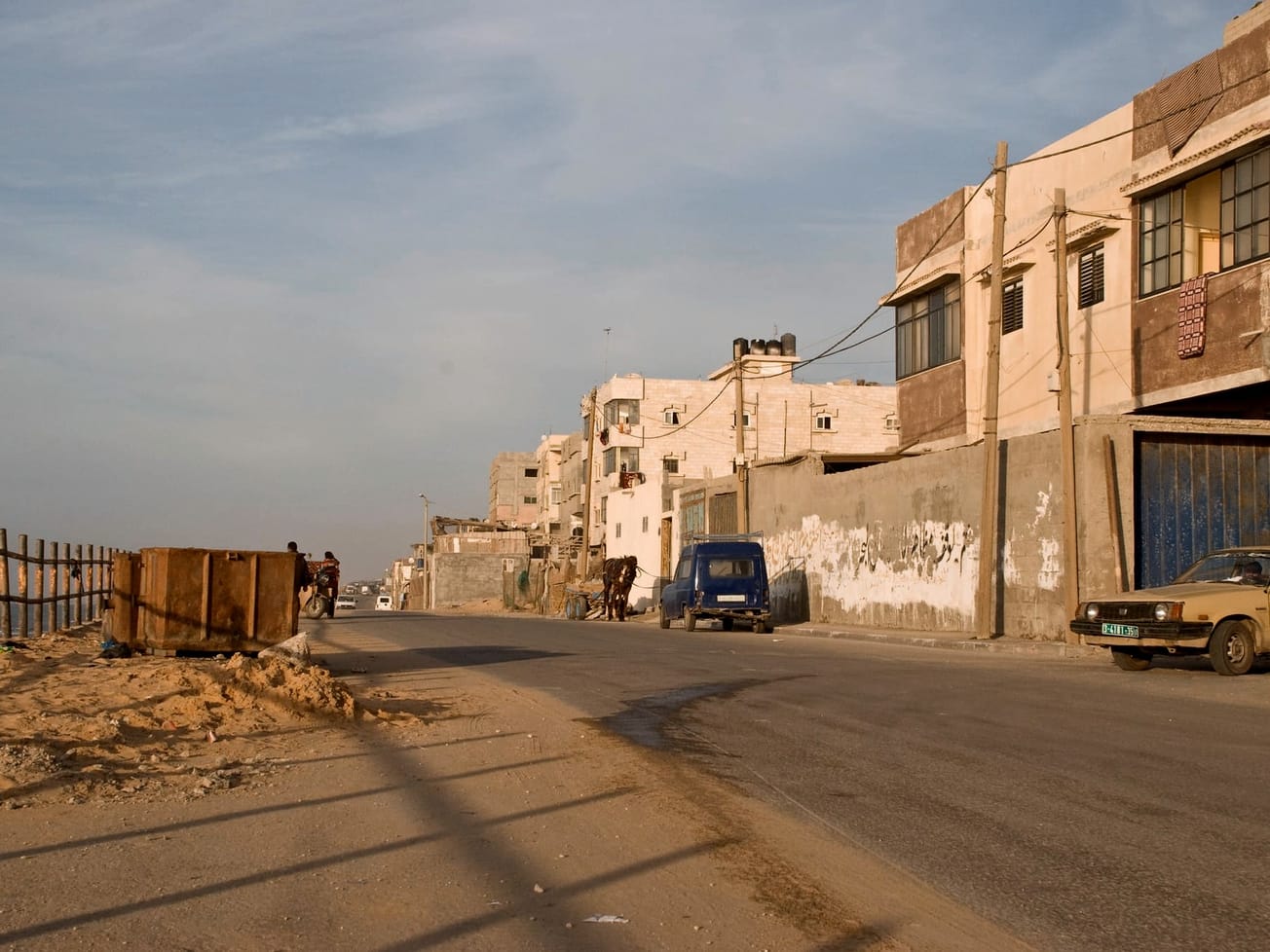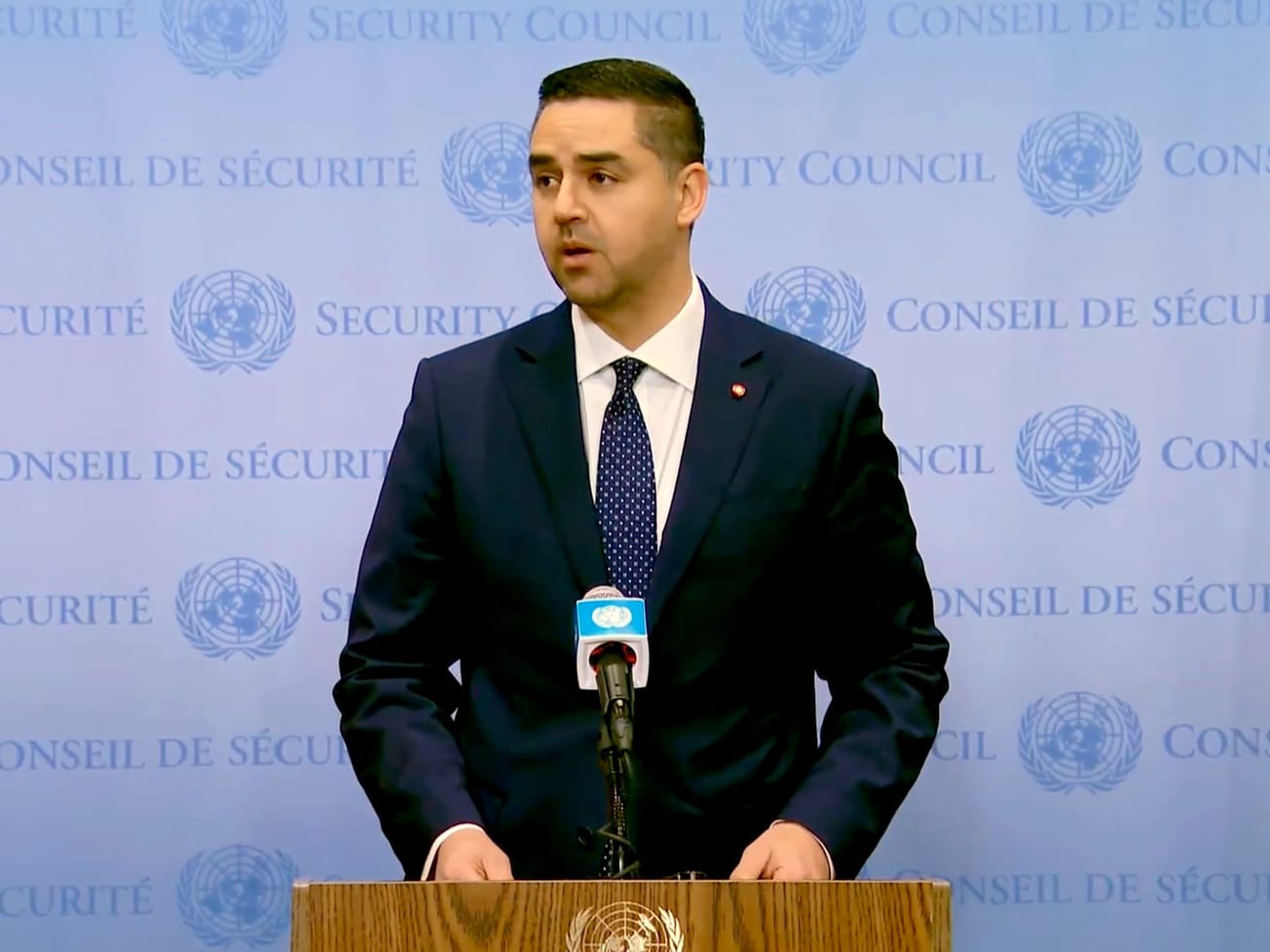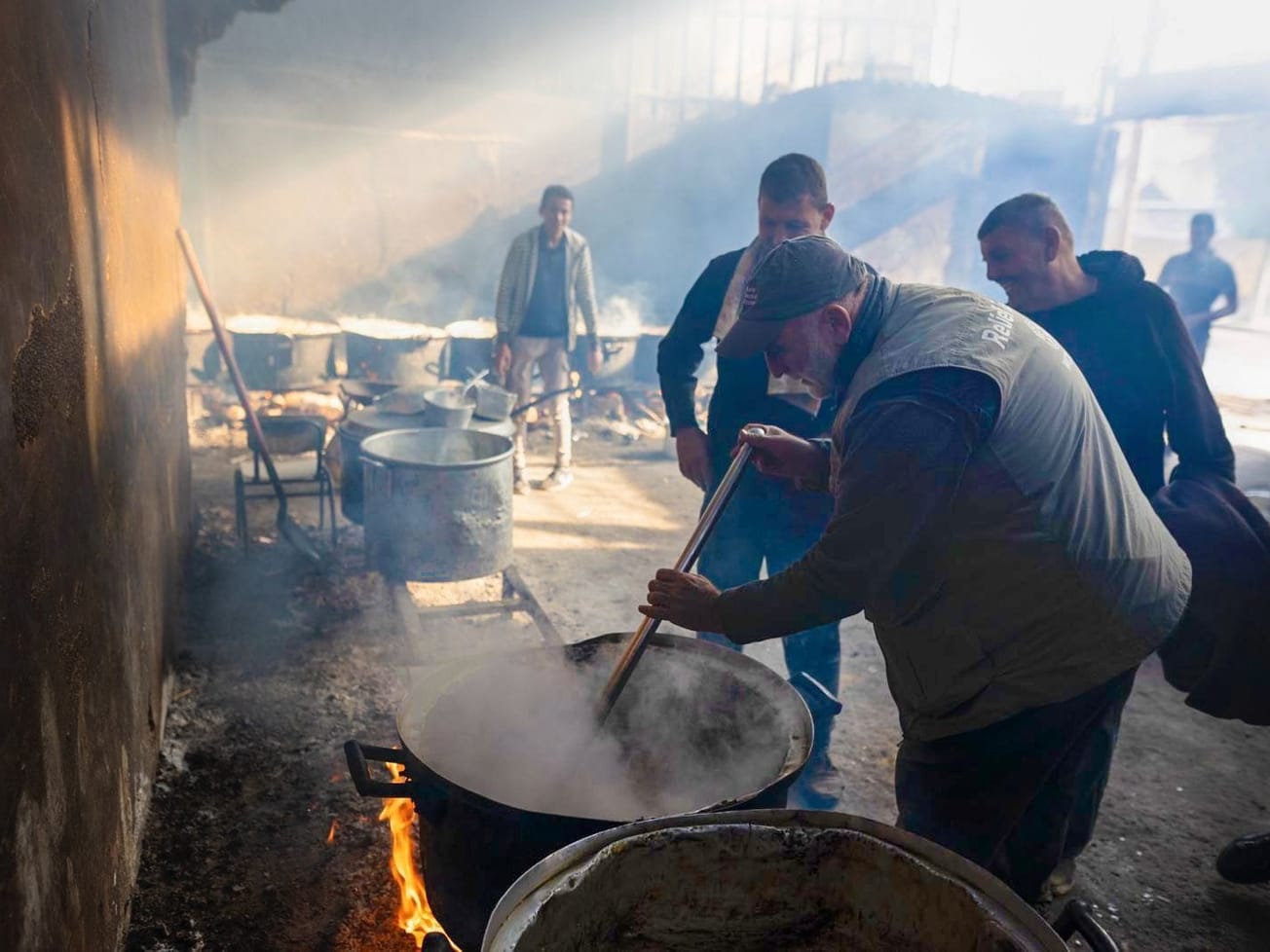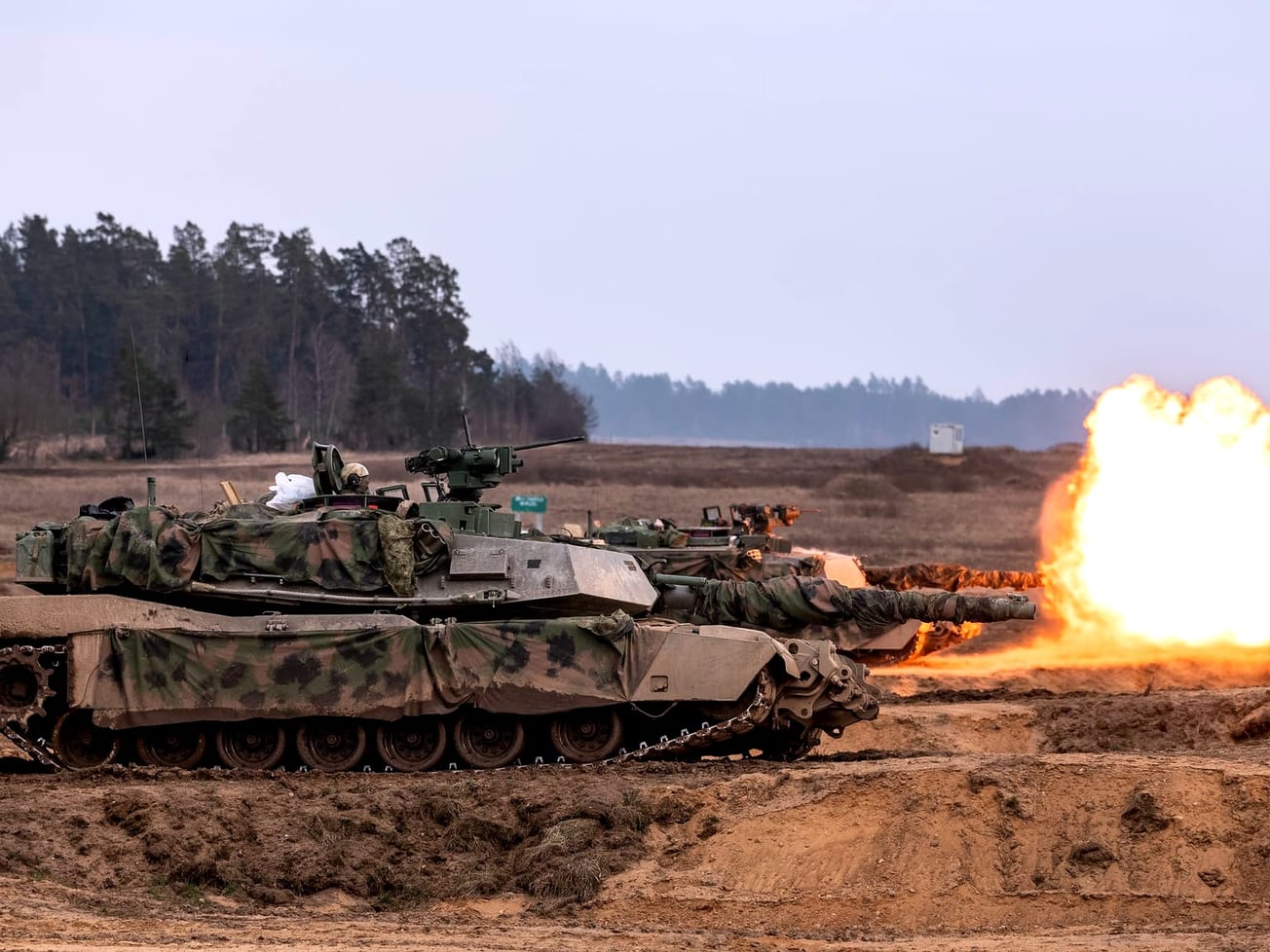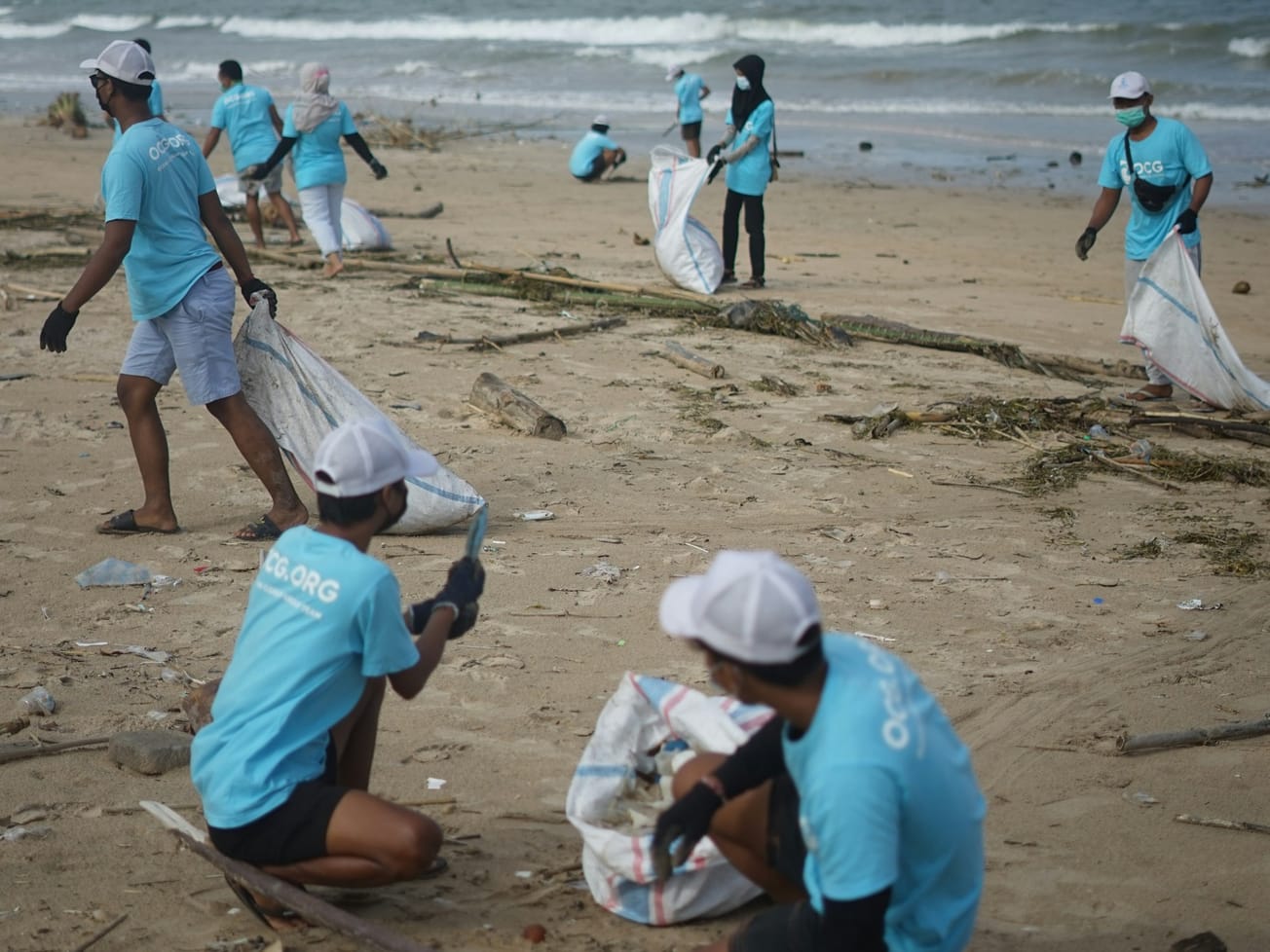UNITED NATIONS (AN) — Western nations tried pressuring Russia to back off from Ukraine on Monday at a United Nations Security Council meeting highlighting the threat of a new Cold War.
The United States called for the 15-nation council's emergency meeting on the Ukraine crisis amid a massive Russian troop buildup around the former Soviet republic's borders and U.S. threats of crippling economic sanctions if Russia were to invade.

